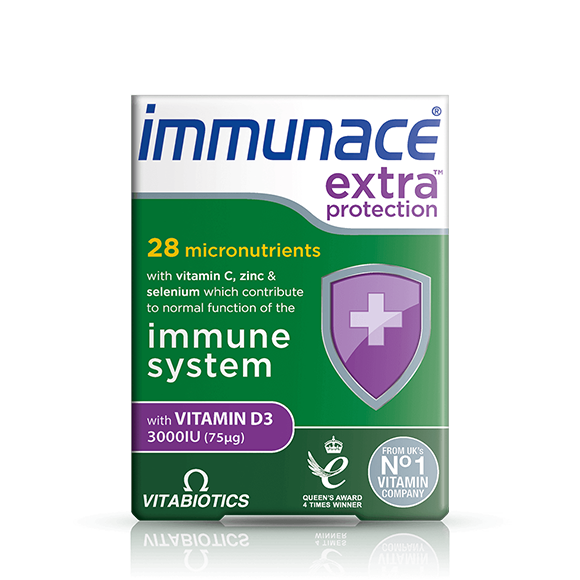Selenium is an essential mineral, which we must obtain from our diet; being a trace mineral, our bodies only require a small amount. Selenium plays an important role in many enzymes and processes within the body. We can obtain all of the selenium we need by consuming an appropriate amount of selenium rich foods, however if you feel you are not getting enough from your diet, a selenium supplement could help safeguard your intake.
What is selenium?
Selenium is an important trace mineral that occurs naturally in the soil. It is considered essential for nutritional purposes, and it plays a number of vital roles in the body. Selenium is found in certain foods, such as brazil nuts and fish, and can also be taken in the form of a selenium supplement.
What does selenium do?
Selenium plays an important role in a range of enzymes and proteins in the body, including selenoproteins. It helps to support many bodily processes, including immune and thyroid function, as well as helping to protect cells from oxidative stress.
Benefits of selenium
Selenium is involved in a number of important biological processes in the body, including supporting the normal function of the immune system, as well as normal thyroid function. Selenium also contributes to normal hair and nails, and the protection of cells from oxidative stress caused by free radicals. Some key benefits of selenium are:






Comments (0)